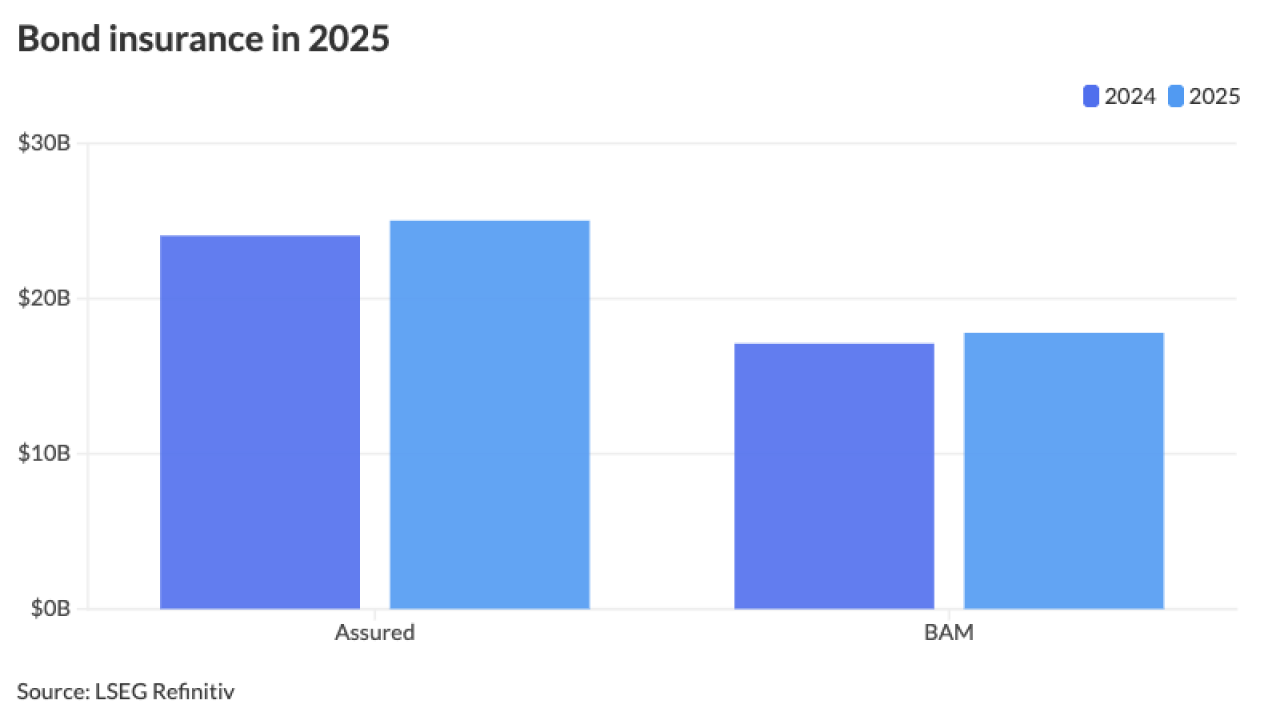
The three West Coast states face significantly lowered revenue projections for fiscal 2026 as they wind through budget season.
State majority leaders in the Democratic-led states of Washington, Oregon and California have attributed lowered revenue expectations to the economic shock of changes to President Trump's program of tariff taxes, immigration enforcement and federal cuts to state funding.
California Gov. Gavin Newsom coined the term "
Oregon's Office of Economic Analysis predicts a
All three are being forced to make programmatic cuts to help pass balanced budgets.
Washington Gov. Bob Ferguson signed a $78 billion two-year operating budget on May 20 he called a balanced approach that included $7.8 billion in tax increases and cuts to agencies, reduced state worker pay raises, but higher K-12 school funding. He also signed a $15.5 billion two-year transportation budget on Wednesday that will fund such projects as the Interstate 5 bridge project in Vancouver, the Spokane North-South Freeway and the Gateway Project. The transportation bill also included a 6-cent-per-gallon increase in the state's gas tax to 55.4 cents, the first increase since 2016.
The federal policy changes including federal funding and jobs cut by Department of Government Efficiency, trade and economic slowdowns
"When we look at the current fiscal year 2025, which will end in the next 40 days or so, the budgets are reasonably balanced," Buswick said. "Most states had strong returns in April, so revenues for 2025 were about where we expected."
"But while the current year is steady," Buswick said, they "have seen a number of states — California, Oregon, Indiana and Illinois — lowering revenue expectations from when they started the budget process for fiscal 2026." They are estimating where revenues will land in a slowing economy, he said.
All of the states are being cautious with expenses and not introducing new projects, because they don't know where they will be in the future, Buswick said.
"Our economists are not forecasting a recession, but the states want to be prepared and not have overspending in their budgets," he said.
Fitch Ratings analysts warned in a May 8 report policies advanced by Trump and congressional Republicans could negatively affect U.S. public finance and public infrastructure issuers' operating environment and finances.
"Federal revenues make up 30% to 60% of most states' total revenues, with approximately two-thirds coming from Medicaid funding (the joint federal-state program that provides medical care to low income people)," Fitch analysts said.
If there is a significant reduction in the federal government's share of Medicaid expenses in the pending reconciliation bill in Congress, states and not-for-profit hospitals would be hit the hardest, Fitch analysts said.
The spending bill
In the House version of the bill, California, Oregon and Washington are among 13 states who would have the federal medical assistance percentage for the
The foundation estimated the reduced match would cost the states an aggregate $9.4 billion if they continued to provide Medicaid-like programming for undocumented immigrants.
Newsom proposed freezing the Medi-Cal expansion for undocumented immigrants over 19 years old and charging those already enrolled $100 a month. The shift was expected to save $5 billion. The state already had to pump $6.2 billion into the program, including $2.8 billion
On Friday, California lawmakers rapidly eliminated bills in its "suspense file" procedure, where the chairs of the Assembly and Senate Appropriations committees cut bills with hefty price tags with little explanation; the process features a sharper ax during belt-tightening years like this one.
Both chairs launched the hearings in each of their chambers by acknowledging little breathing room in the budget.
"We are in a very difficult budget environment this year, so consequently many good bills are going to fall by the wayside today," said Assembly Appropriations Chair Buffy Wicks, D-Oakland.
It's not a year "where we can be expanding programs, developing new offices, new agencies, new departments and expanding our footprints," Wicks said.
Senate Appropriations Chair Anna Caballero, D-Merced, said the "committee had to make difficult choices on a number of bills to reduce costs."
Bills that could cost the state $50,000 more in the Senate and $150,000 or more in the Assembly end up in the suspense file.
The Senate Appropriations Committee cut about 29% of the 432 bills from its docket, while the Assembly cut 35% of 666 measures on its suspense file, according to lawmakers.
Among bills ending up on the chopping block were a bill Wicks co-authored,
So did
California holds ratings of Aa2 from Moody's Ratings, AA-minus from S&P and AA ratings from Fitch. All assign stable outlooks.
Washington is rated Aaa by Moody's and AA-plus by S&P and Fitch. S&P assigns a positive outlook and the other two assign stable outlooks.
Oregon has an Aa1 rating from Moody's and AA-plus ratings from S&P and Fitch. Moody's and S&P assign stable outlooks and Fitch a positive outlook.





